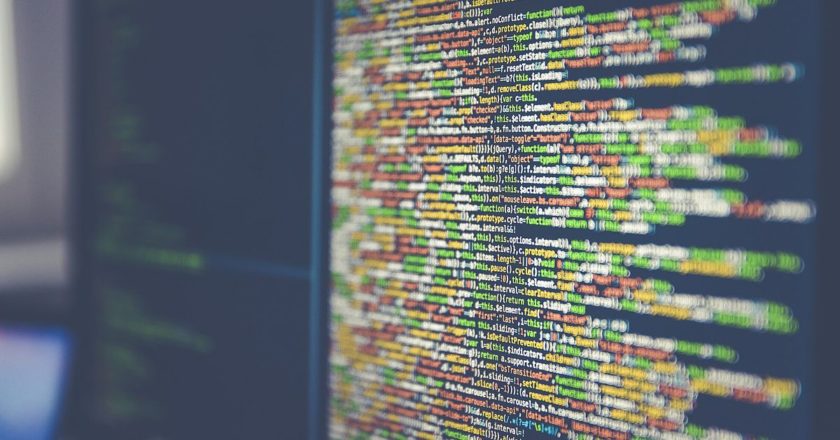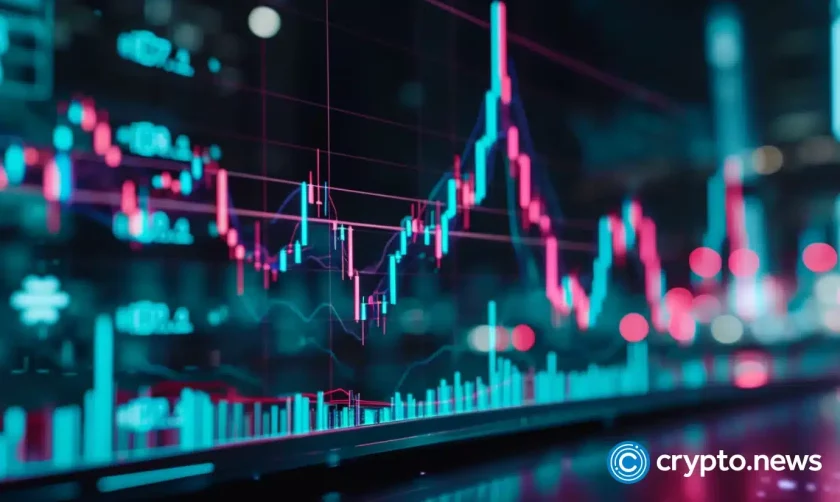Fractal Protocol utilizes the immutable power of blockchain technology to offer a novel solution that works for both parties: publishers and users.
As the eyes of the world become more fixed on screens and devices than ever before, data is an essential tool in effective digital advertising strategies. Without it, targeting the right audience cost-effectively becomes challenging, so it’s understandable that the impending death of the third-party cookie has caused so many concerns among advertisers, publishers and digital marketers.
The solution to this issue proposed by Fractal, a German-founded blockchain technology company, is the Fractal Protocol. With an ecosystem constructed with trustless mechanisms that oversee incentivized sale and purchase of ad inventory, the Fractal Protocol democratizes access to user data for publishers, advertisers and content creators whilst simultaneously rewarding users for their data contributions.
Life Outside of the Data Silos
Google and Facebook have grown to have a truly duopolistic reign over the advertising industry, with a combined market share of over 60% that mirrors Amazon’s grip over the e-commerce sector in the USA. These industry giants have amassed huge data silos, through a myriad of “free” products that are used the world over and advertisers spent a whopping $11.9bn in 2020 on acquiring third-party audience data, much of this from Google and Facebook.
But with Google announcing that it will be getting rid of third-party cookies entirely by 2022, this data will no longer be available for collection by businesses through Google’s ecosystem. This has sent a shockwave through the advertising industry that is now wondering where to acquire compliant, high-quality and cost-effective data from. Fractal Protocol offers a solution independent of the duopoly, introducing an incentive model that enables advertisers, content creators and publishers worried about the future of data collection to transition to an accessible, competitive and fraud-free ad market.
By rewarding users for sharing and verifying their data and making high-quality, targeted data available to advertisers through a decentralized ecosystem and network, the team behind Fractal looks to both give back users power and ownership over their data and also level the playing field for digital marketers and publishers.
Unrivaled Access to Data Shouldn’t Come at Expense of User Data Security
You can barely visit a website today without the appearance of a cookie pop-up asking you to allow or deny permission for a myriad of often vague use cases for cookie data. The sneaky implementation of these consent management tools is questionable at best and over the years, third-party cookies have been responsible for an untold amount of personal data breaches.
Consent management tools are undoubtedly extremely important to meet the ever-increasing user expectations regarding their data, but it is also important not to strangle the essential flow of quality user data to advertisers. Fractal Protocol utilizes the immutable power of blockchain technology to offer a novel solution that works for both parties: publishers and advertisers can leverage user data to win higher bids for ads at auctions hosted within the ecosystem and users can monetize their data, secure in the knowledge that their personal information is secure and not held by centralized parties.
Having successfully completed a public raise on the popular decentralized platform Polkastarter, Fractal has partnered with several notable projects in the Web3 space that share the same vision of democratizing the free internet including Ocean Protocol and KILT Protocol. Fractal also raised $2.2m in a pre-sale equity round that ended in January 2021 and was supported by a wide range of VC funds, blockchain founders and advertising industry leaders.
Since launching their IDO, Fractal has made strong progress with a recent partnership announcement with tech giant eyeo (the makers of Adblock Plus), a listing on Uniswap, and over 3,000 token holders in less than a month. The progress has resulted in strong community sentiment and excitement for what is to come.
Having obtained a diploma in Intercultural Communication, Julia continued her studies taking a Master’s degree in Economics and Management. Becoming captured by innovative technologies, Julia turned passionate about exploring emerging techs believing in their ability to transform all spheres of our life.




